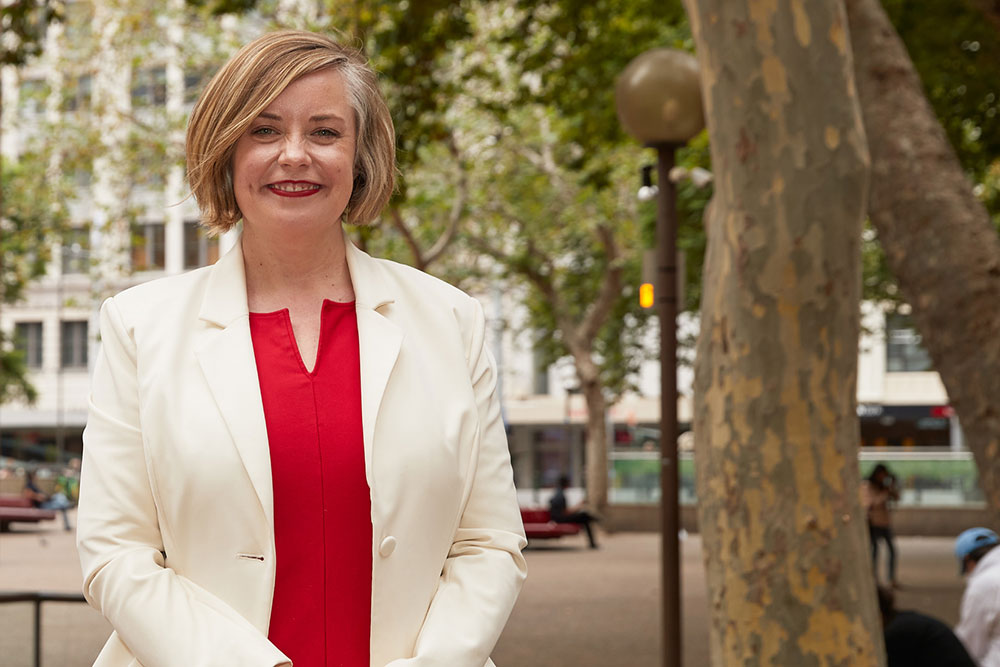
31 August 2021
Win! Council-run early childhood education and care services support
Our advocacy for COVID-affected councils continues to reap results, with one of the most recent outcomes being Commonwealth funding support for council-run childhood education and care (ECEC) services.
At the time of writing, the details are still being thrashed out, but the bottom line is a financial lifeline for these council-run services, which were losing collectively more than $1 million a week in this current lockdown and were not eligible for other funding support.
Thanks to the collective efforts of the childcare sector and stakeholders such as LGNSW, the Commonwealth has responded with an initial rollout of funding to the LGAs most impacted by these lockdowns.
This is terrific news following on from our successful advocacy to ensure our childcare workers were prioritised for Pfizer vaccinations, to help protect them and the families and children using our councils’ services.
Win! $18 million for COVID-affected communities
The NSW Government has announced $18.8 million to support vulnerable people in Local Government Areas (LGAs) hardest hit by the latest COVID outbreak, in line with our calls for support for these communities.
The support package will focus on the 12 LGAs of concern and includes a $13 million emergency relief program to deliver grants through not-for-profit and multicultural community organisations, as well as local councils.
LGNSW has been calling for the State and Federal governments to partner with us to help these at-risk communities, and I welcome the NSW Government’s commitment to providing this latest financial support.
Have your say: mandatory risk management rules
Last week, Local Government Minister Shelley Hancock announced new risk management and internal audit draft guidelines for NSW councils.
I encourage you to have a look at some of the proposed changes in the guidelines.
Download the full version
The guidelines propose that, by June 2022, councils appoint and operate an Audit, Risk and Improvement Committee (ARIC) made up of independent experts.
It’s important to note about 70 per cent of our councils already conduct some form of risk management, while 103 of our councils have an internal audit function.
LGNSW supports the objective of continuous improvement in council governance and financial management, along with accountability and transparency to local communities.
I am pleased the NSW Government responded to our advocacy with the draft guidelines, which include a tiered model for ARICs to reflect the different needs, resources, populations and locations of metropolitan, regional and rural councils.
LGNSW will seek to ensure the guidelines are not overly prescriptive, engage elected members in the audit process, and do not impose unnecessary costs or impose excessive regulatory and reporting burdens on councils.
We will also be consulting with members in developing our response to the draft guidelines, due by 26 November 2021.
I encourage you to direct your comments on the guidelines by emailing Shaun McBride, LGNSW’s Chief Economist, or call him on 9242 4072.
Inquiry into the Review of the Heritage Act
Last week (August 24), I represented councils at hearings of the Inquiry into the Review of the Heritage Act.
I highlighted that the primary focus of any heritage legislation must be the protection of heritage, and this most fundamental goal must be front and centre in any reforms recommended following this review.
I also made clear that it is critically important that the heritage sector, at both the local and state government level, is appropriately funded and resourced to deal with the increased volume and complexity of heritage assessments across the state.
Councils are deeply concerned about how often existing heritage protections are turned off, where a development is deemed to be State significant.
As part of my evidence, I highlighted LGNSW Annual Conference resolutions related to minimum standards of maintenance and repair for heritage items (2019, Blue Mountains City Council) and tax-based incentives to support councils in promoting ownership of the heritage assets (2017, Shellharbour City Council).
Climate resilience podcasts
LGNSW has just released our latest series of climate resilience podcasts, which look at emerging water policies and practices in Shoalhaven, such as clever development and design that considers urban areas as “sponges” to make the most of every drop of the vital resource.
The work being done by the Illawarra-Shoalhaven Joint Organisation is just one of many examples of ways councils have taken an active lead role in addressing the vital issue of climate issues.
These podcasts have been made possible through a funding partnership between LGNSW and the NSW Department of Planning, Industry and Environment.
They are an excellent resource and I encourage anyone who wants to better understand the challenges facing our councils and communities to search Climate Resilience on their favourite podcast app and have a listen.
BACK TO MAIN PAGE